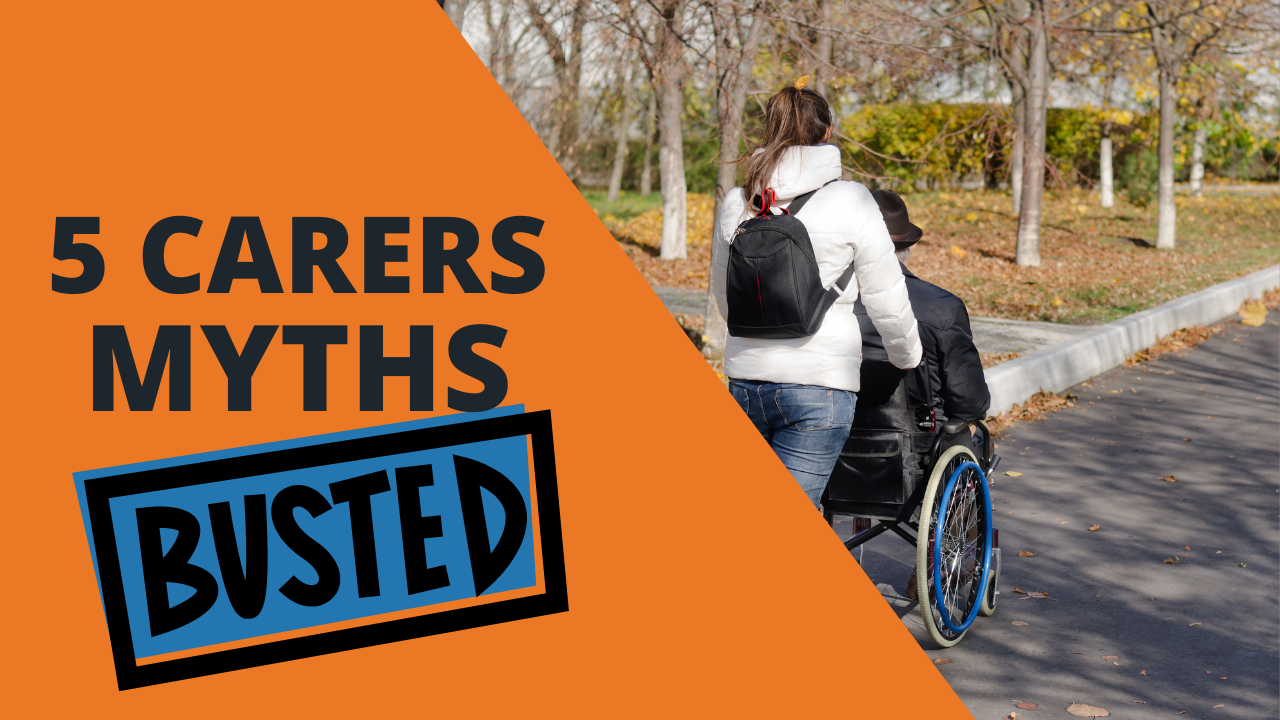
5 Carers Myths … This week is carers week so we’ve decided to bust some misconceptions about carers. Did you know these?
There is approximately 11.5 million people across the UK who give unpaid support to family members, friends and neighbours. Unpaid carers play an essential role in society but being a carer can often affect their own ability to find paid work.
A paid Care Support Worker will go into someones home to provide care but many people care for someone in their own home. In fact people who care for family members at home often don’t even class themselves as carers.
Not all carers are adults you’re a young carer if you’re under 18 and help to look after a relative with a disability, illness, mental health condition, or drug or alcohol problem. Children as young at 5 were counted on the last census as being carers.
Not everyone can claim carers allowance. To do so you must meet a certain criteria including being over 16 and not in full time education. You also need to spend at least 35 hours a week caring for a disabled person. You can find out more about eligibility here.
It’s not just people with physical disabilities that need help and support from someone. If someone cannot cope due to illness, disability, a mental health condition, or drug or alcohol problem they may need help and support from a family member or friend.
5 Carers Myths
Being an unpaid carer is a very important job and it’s not easy. If you’re a child you are classed as a young carer and you can get help and support from your local council. If you’re an adult you can also get help and support from your local council. Get in touch with them and ask for a carers assessment. A carers assessment is an assessment to look and see if there are any things that they can do to make your life easier.
You can join our Sensory Support Group on Facebook where you’ll be able to find other people who are also carers. It’s a great place to ask questions or just find out a little more about sensory issues.

Sensory Matters Podcast
Free Sensory Support Community
Can Chewigems Help Keep Your Teeth Clean?